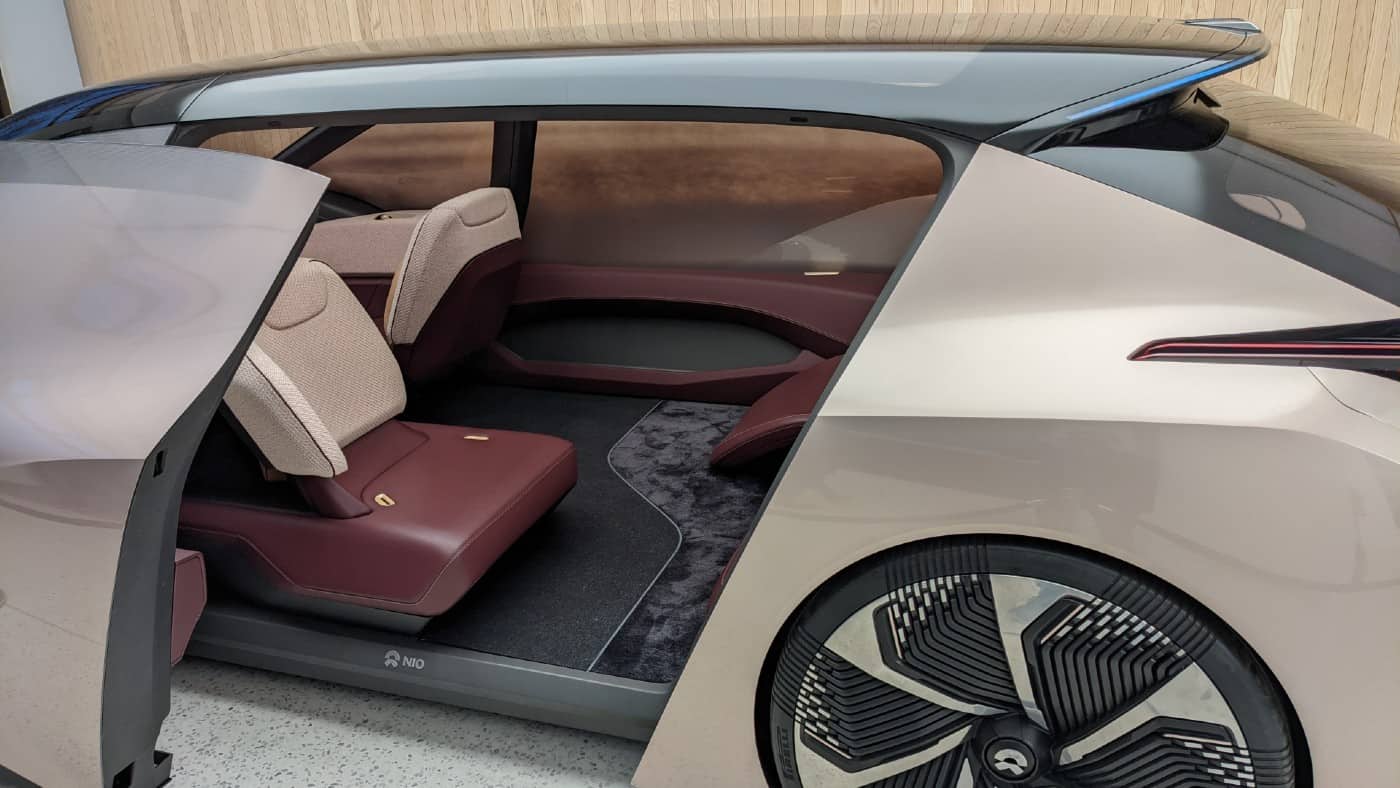NIO (NYSE:NIO) shares have demonstrated considerable volatility in recent years. However, the Shanghai-based electric vehicle (EV) outfit remains one of the most promising challengers to Tesla.
So let’s take a closer look at this highly-promising EV firm.
3 volatile years
If I had invested £100 in NIO shares three years ago, today I’d have around £230. That’s because the share price has increased from $4.13 to $8.82, at the time of writing.
Should you invest £1,000 in ITV right now?
When investing expert Mark Rogers has a stock tip, it can pay to listen. After all, the flagship Motley Fool Share Advisor newsletter he has run for nearly a decade has provided thousands of paying members with top stock recommendations from the UK and US markets. And right now, Mark thinks there are 6 standout stocks that investors should consider buying. Want to see if ITV made the list?
There’s also the matter of currency fluctuation. Three years ago, the pound was around 7% stronger against the dollar than it is today. The current weakness of the pound means I get more sterling for my dollar at the time of sale.
However, it’s worth highlighting the movements in the share price over these three years. During the pandemic, NIO shares soared, even more than many other tech stocks at the time — tech stocks boomed in 2020 / 2021.
The stock reached above $60 at one point. But as we all know, the phenomenal rise wasn’t sustained. After all, NIO’s valuation almost touched $100bn. For a company that was selling less than 20,000 cars a quarter and wasn’t forecast to turn a profit for three years, it was a lot.
What does fair value look like?
Discounted cash flow calculations are one way to work out how much a share should be worth. But sometimes this can be tricky because it requires us to make forecasts about a company’s cash flow over the next five to 10 years.
With established companies that’s often achievable, but with growth stocks in emerging sectors, it’s not easy. I’ve seen a range of DCF calculations for NIO with fair values ranging from $13 to $58.
Instead, I’d focus on relative and short-term valuations. For example, NIO trades with a price-to-sales (P/S) ratio of 2.3. When we compare it against peers, we can see that NIO is discounted. Tesla’s P/S ratio is 7.56 while Lucid‘s is 23.4.
Why I’m buying more NIO stock
I’ve topped up on NIO stock a few times, but after the fall this week, I’m buying more. Relative valuation is one reason for this, another is NIO’s exceptional products.
On Wednesday, NIO missed estimates, reporting a sizeable fourth-quarter loss of 51c a share on revenue of $2.33bn. Deliveries were up 60.2% year on year, but margins came under pressure.
In Q1, the firm expects to deliver 31,000-33,000 EV units, representing an increase of around 20.3-28.1% from the same quarter of 2022.
The data contained both positives and negatives, with the share price going up in Hong Kong before falling when the US market opened.
I’m concerned about margins, which fell from 17.2% a year ago to just 3.9% in the most recent quarter. Clearly some repricing is in order.
However, I’m buying more because of my confidence in the brand going forward. NIO cars surpass Tesla for range and, albeit subjective, on the use of tech and driver aids.
But I’m also a big fan of NIO’s battery-swapping technology that allows users to change their empty batteries for full ones in a matter of minutes.








